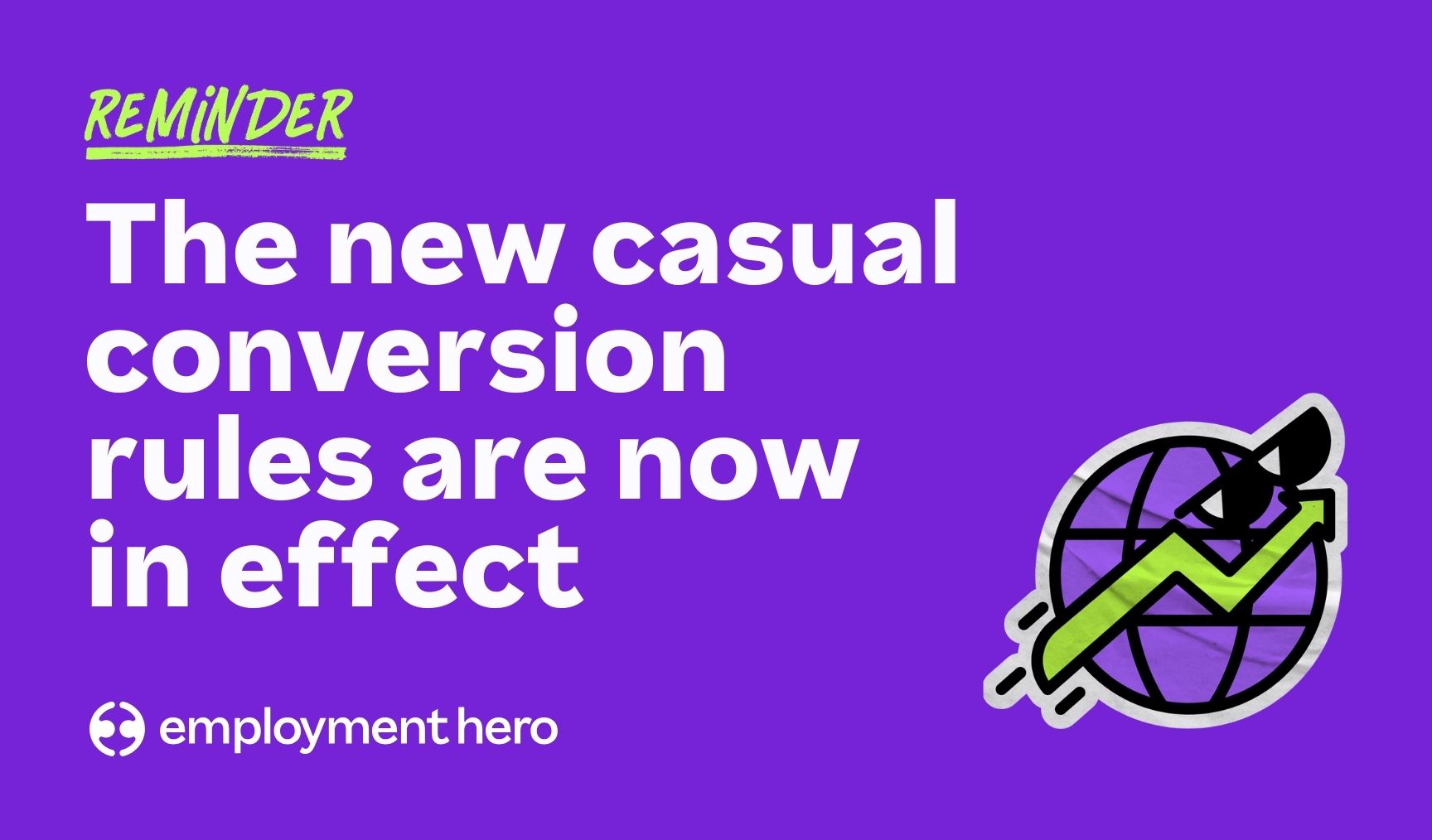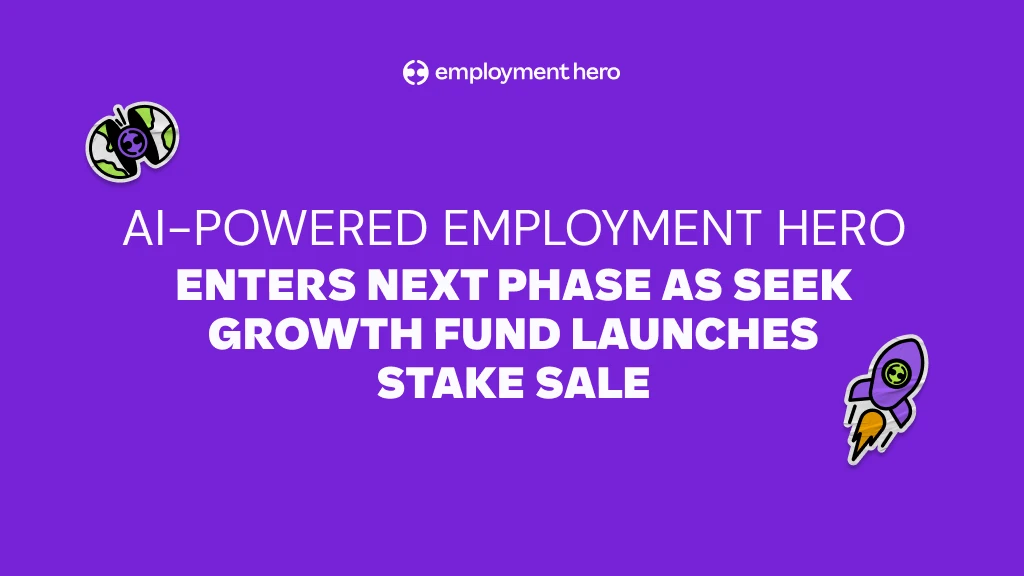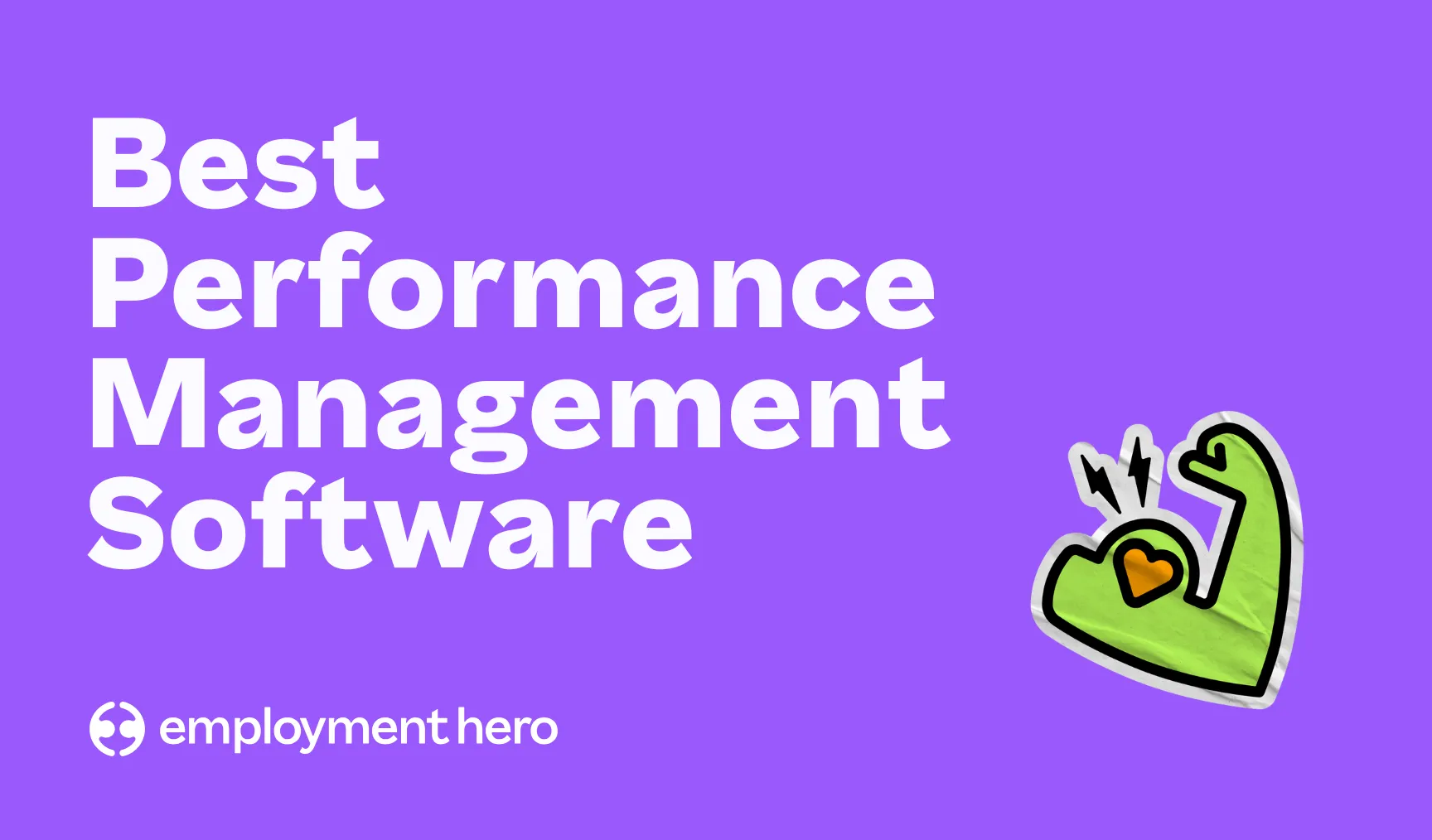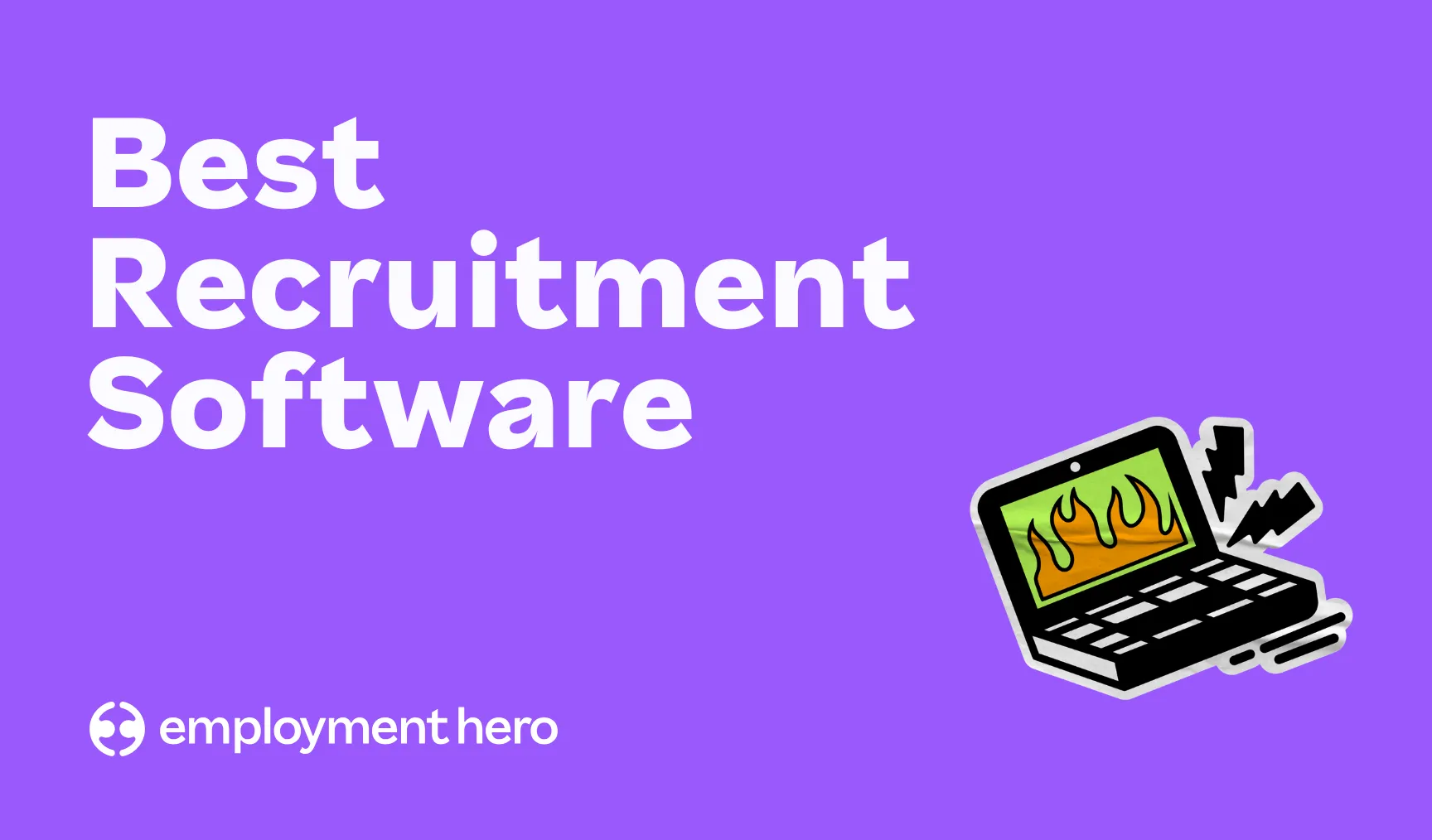What you need to know about the casual conversion changes
Are you across the changes to the casual conversion process? From 26 February 2025, some employees can request to convert from casual to permanent employment.

Contents
Are you across the changes to the casual conversion process? The changes, made as part of the Government’s Closing Loopholes reforms, are now in effect. This means that from 26 February 2025, casual employees are able to request to convert to permanent employment if they fulfil the eligibility criteria. On 26 August 2024, new rules came into effect relating to casual employees and the process for converting to full-time or part-time employment. These new rules took away the previous provisions where employers with 15 or more employees had to proactively offer a permanent position to casual employees. This previously meant that employees were entitled to permanent employment once they’d reached 12 months of employment, and worked at least 6 of the 12 months with regular hours. Now, the new “employee choice” provisions operate so that employers no longer have to proactively offer conversion to permanent employment. This means that from 26 February 2025, casual employees who are eligible for the employee choice pathway have to provide written notice to their employer if they wish to change to permanent employment. We’ve wrapped up everything employers need to know about the changes to the casual conversion process, so you can be confident as we move through 2025.
Disclaimer: The information in this article is relevant as at 26 February 2025, and has been prepared by Employment Hero Pty Ltd ABN (11 160 047 709) (Employment Hero). The views expressed herein are general information only and are provided in good faith to assist employers and their employees. The Information is based on data supplied by third parties. While such data is believed to be accurate, it has not been independently verified and no warranties are given that it is complete, accurate, up to date or fit for the purpose for which it is required. Employment Hero does not accept responsibility for any inaccuracy in such data and is not liable for any loss or damages arising either directly or indirectly as a result of reliance on, use of or inability to use any information provided in this article.
How do the new casual conversion rules work?
From 26 August 2024, the new “employee choice” provisions operate so that employers no longer have to proactively offer conversion to permanent employment. Instead, casual employees can choose to convert to permanent employment once they have been employed for 6 months (or 12 months in businesses with fewer than 15 employees) if they no longer meet the definition of a true casual employee.
Why might someone not be considered a true casual employee?
Determining whether an employee is a true casual is based on their pattern of work, not just their original employment contract terms. An employee might fail to meet the definition of casual employee because, for example, they have fallen into a rhythm of working regular hours. This may then turn into a mutual understanding between the employer and employee that the employee will always be available to work a set roster of shifts. In this situation, the employee would not meet the definition of a true casual employee. This is due to the employee not working irregular hours and not being free to accept or decline shifts as they wish. If you’re looking for a more detailed guide of the casual conversion process, download our guide.
Can an employer refuse to convert an employee to permanent employment?
When a casual employee has elected to convert, there are very few circumstances when an employer can object. However, given the employee will lose their 25% extra casual loading if they become a permanent employee, it is anticipated that most will wish to remain engaged on a casual basis. The legislation is clear that if the casual doesn’t want to convert, they don’t have to.
When did the new rules take effect?
For casual employees employed on or after 26 August 2024
The new rules took effect immediately from 26 August 2024 for any casual employees employed on or after that date. In other words, the clock started ticking from the first day of their employment to count down to when they have 6 months’ service (or 12 months service in small businesses), and therefore are able to elect to convert (subject to them no longer meeting the definition of a true casual).
For casual employees whose employment began before 26 August 2024
For casual employees whose employment began before 26 August 2024, the new rules were subject to phasing in provisions:
- For employers with 15 employees or more, the new rules did not take effect until 6 months after 26 August 2024 – i.e. not until 26 February 2025. The practical effect of this means, now this date has passed, any casual employees whose employment began on or after 26 August 2024 can now elect to convert to permanent employment under the new rules (subject to them no longer meeting the definition of a true casual employee).
- For employers with fewer than 15 employees, the new rules will take effect from 26 August 2025 in respect of any casual employees whose employment commenced before 26 August 2024.
It’s important to note that casual employees do not lose the right to elect to convert if they do not exercise it at the 6 or 12 month mark. They retain the right and can exercise it at any time.
Confused about managing your casual workforce? Boost your compliance confidence with an Employment Operating System
Does the thought of switching your casual staff to permanent employees make you feel overwhelmed and confused? We don’t blame you – it’s some tricky business. Australia’s employment legislation is one of the most complex in the world and without the right systems and processes in place, it’s all too easy for mistakes to fall through the cracks. Add in issuing the Casual Employment Information Statement (CEIS) at the correct times, staying across casual employee entitlements, and pay rates – it’s a lot to be across. Thankfully, Employment Hero is purpose-built to navigate changes like these and so much more. With in-built modern award interpretation, single-touch payroll, a powerful payroll engine and a 1500+ strong team of employment experts, our Employment Operating System can help you confidently manage all your employer obligations.
Need tailored help for your business?
If you’re looking for additional help, our HR advisory service can help you with unique advice specific to your business. With a team of HR experts on hand who know the ins-and-outs of employment law, you can focus on the growth of your business rather than compliance. With HR advisory, you can get unlimited access to HR and employment advice, compliance checks, approved tools and templates and even legal representation. HR Advisory is here to give you the confidence and peace of mind to manage your workforce, boost your compliance confidence and focus on what matters most – running a successful business. If you’d like to learn more, get in touch with one of our business specialists today.
Related Resources
-
 Read more: At A$300M ARR, AI-Powered Employment Hero Enters Next Phase as SEEK Growth Fund Launches Stake Sale
Read more: At A$300M ARR, AI-Powered Employment Hero Enters Next Phase as SEEK Growth Fund Launches Stake SaleAt A$300M ARR, AI-Powered Employment Hero Enters Next Phase as SEEK Growth Fund Launches Stake Sale
Employment Hero, a global AI-powered employment operating system, and SEEK Investments, manager of the SEEK Growth Fund, today announced that…
-
 Read more: Best Performance Management Software in Australia 2026
Read more: Best Performance Management Software in Australia 2026Best Performance Management Software in Australia 2026
Boost employee performance with the top seven performance management software in Australia for 2026. Compare features and find the right…
-
 Read more: Top 7 Best Recruiter Software in Australia 2026
Read more: Top 7 Best Recruiter Software in Australia 2026Top 7 Best Recruiter Software in Australia 2026
Find the top seven recruiting software in Australia for 2026. Enhance your hiring process with these powerful recruitment tools.
























